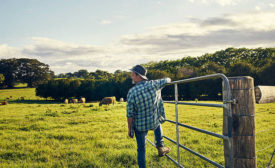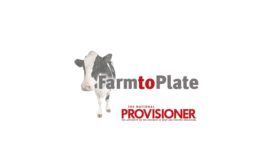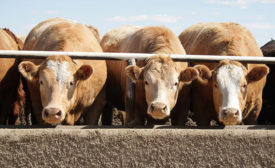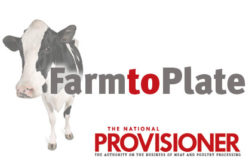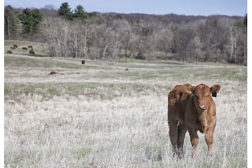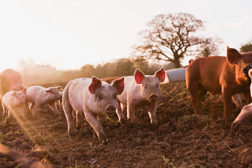Robin Ganzert
Robin Ganzert is president and CEO of the American Humane Association. For more information, visit www.americanhumane.org.
ARTICLES
Farm to Plate
Farmers reside in an ideal spot by which they can help save the planet while promoting and advancing animal welfare.
Read More
Farm to Plate
AHA: Reclaiming the word 'humane'
Congressional briefing celebrates farmers, humane trends in agriculture.
Read More
Farm to Plate
Farm animal welfare: Facts over feelings
Science and experience must also play a role in the advancement of humane agriculture.
Read More
Get our new eMagazine delivered to your inbox every month.
Stay in the know with The National Provisioner's comprehensive coverage of the meat and poultry processing industry.
SUBSCRIBE TODAY!Copyright ©2024. All Rights Reserved BNP Media.
Design, CMS, Hosting & Web Development :: ePublishing

